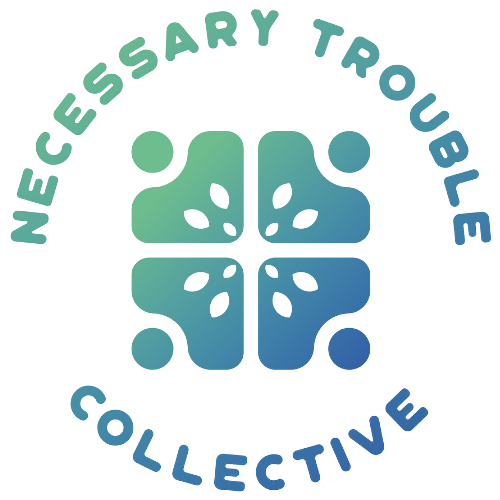Emotional Competence
The Foundation of Nonviolent Antiracism
A lot of antiracism activism and training focuses on understanding what racism looks like, how it shows up in ourselves, our institutions and our society and how it negatively impacts Indigenous, Black and people of colour (IBPOC). This is important information that provides the understanding and motivation we need to do antiracism work. However, it misses a key driver of racism - our conscious and unconscious emotions and biases. We fail to fully acknowledge that most of our actions are driven by our feelings, not our thoughts.
The research reveals that emotions constitute powerful, pervasive, and predictable drivers of decision making. Indeed, many psychological scientists now assume that emotions are the dominant driver of most meaningful decisions in life. Our emotions guide our day to day actions as we try to avoid negative feelings (e.g., guilt, fear, shame) and experience positive ones (e.g., joy, connection, love), even when we are unconscious of the emotions guiding us. Put succinctly, emotions and decision making go hand in hand.
Emotional competence refers to the essential set of personal and social skills to recognize, interpret, and respond constructively to emotions in oneself and others. Dr. Carolyn Saarni identifies eight skills associated with emotional competence:
Awareness of one’s own emotions,
Ability to discern and understand other’s emotions,
Ability to use the vocabulary of emotion and expression,
Capacity for empathic involvement,
Ability to differentiate subjective emotional experience from external emotion expression,
Adaptive coping with aversive emotions and distressing circumstances,
Awareness of emotional communication within relationships, and
Capacity for emotional self-efficacy.
Nonviolent Communication (NVC) is a mindfulness practice, a skill set, and a pathway to emotional competence. Learning NVC offers us the capacity to choose our response to emotionally challenging events, and to stay connected to ourselves and each other. Learning this skill is a gift to ourselves and to our communities because it allows us to override our unconscious reactions that uphold racial bias so we can respond in ways that are antiracist.
Until we are able to make our unconscious emotions conscious, we are not fully in control of our actions. We spend most of our time reacting instead of responding to what is happening around us. When we react, our unconscious emotions and biases dictate what we do. And since our emotional responses and biases are shaped by the culture around us, a culture that upholds white supremacy, most of our actions continue to uphold racism.
When we experience negative emotions, our reactions aim to move us away from these emotions. This means, especially for white identified people, that in racially charged events we center our own needs and experience instead of centering those of the person being targeted. This will likely lead us to either doing nothing, thus passively upholding racism, or doing more harm, thus actively upholding racism. Until we have emotional competence, we can’t be confident that our actions will serve our goal of racial justice.
Building emotional competence requires commitment, training and practice. It is not something we can get through cognitive processes. We need to learn and practice recognizing our emotions, expressing them in healthy ways and discerning how to respond to them in ways that align with our core values.
